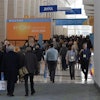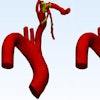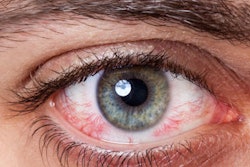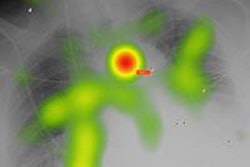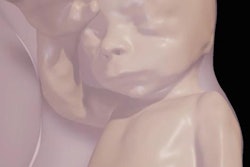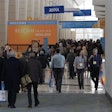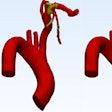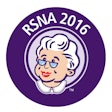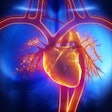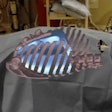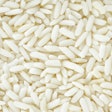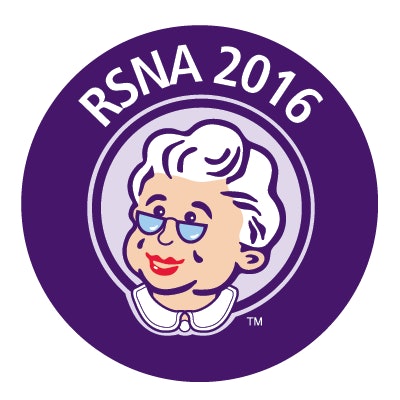
What do radiologists see when they look at an image? What factors cause them to change conclusions or search patterns? RSNA is teaming up with the U.S. National Cancer Institute (NCI) and researchers around the world to conduct image perception research during RSNA 2016 in Chicago.
NCI researchers are performing about a dozen perception experiments -- with RSNA meeting attendees as subjects -- at the RSNA Learning Center. Participants will be eligible to win Amazon gift cards.
The experiments include the following:
- Eye tracking: Where do radiologists look during challenging cases? New eye-tracking glasses will determine where radiologists look in a realistic environment -- and help researchers examine what factors can potentially change the focus.
- Fast switch: Can toggling between two nearly identical images help reveal subtle differences that might be missed in a side-by-side comparison? How do minor misalignments affect detection? This study is designed to test the utility of this novel method of viewing mammograms.
- Faces and mammograms: What do facial recognition and breast abnormality detection reading have in common? Participants will take a quick test and find out in a study that explores the links between two similar skills. Top scores will be recognized.
- How 3D changes the search: As breast cancer detection moves toward the use of tomosynthesis techniques, radiologists need to know how 3D technology affects them. Some studies suggest a big drop in callbacks, but there is much left to learn about other benefits or potential drawbacks, and how to maximize the results.
- Abnormal at a glance: Can abnormalities be detected in breast tissue at first glance? This study aims to determine which factors influence or limit the ability to make rapid perceptual and cognitive judgments in an instant.
- Callback questionnaire: Which patients should be called back after mammography? In this experiment designed to test callback patterns and attitudes, radiologists will be asked to read mammographic cases using BI-RADS scores 1-5; then they'll be asked which cases they would call back.
